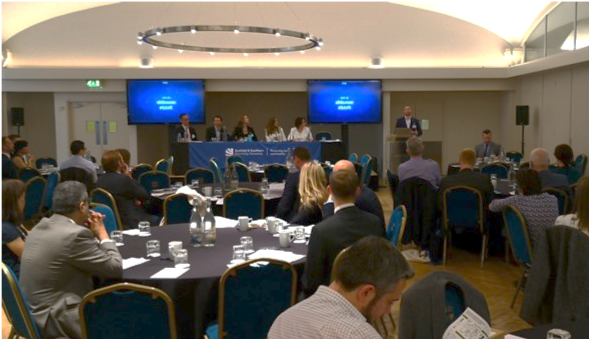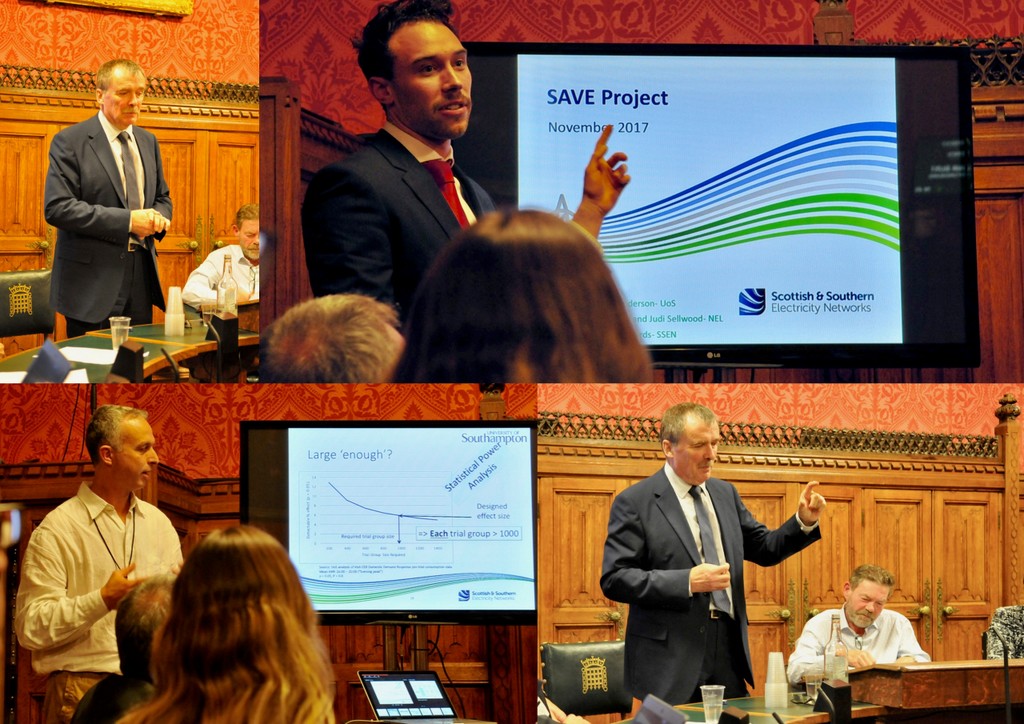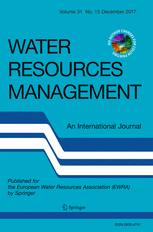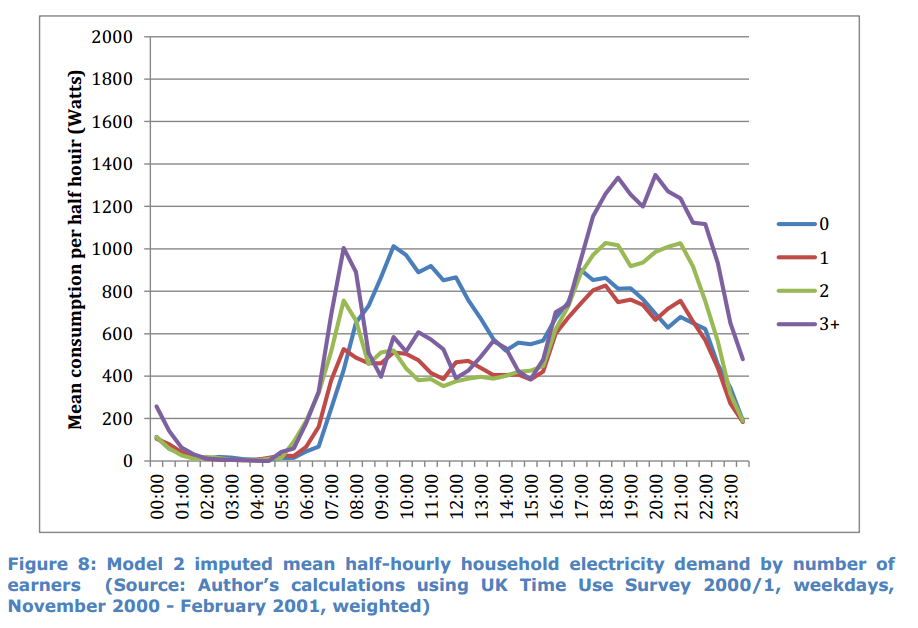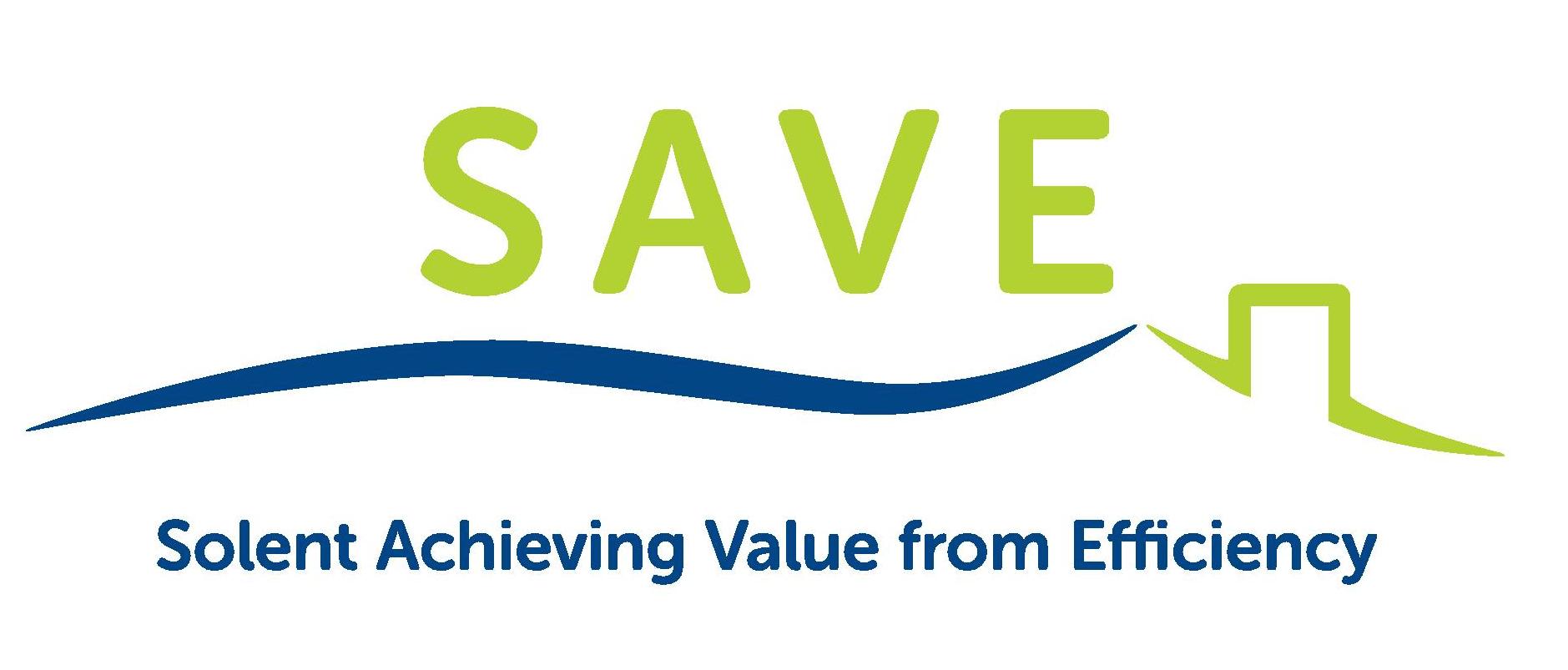It’s been a busy month or so for the Solent Achieving Value from Efficiency (SAVE) project. On 6th June 2019, Dr Tom Rushby and Prof Patrick James from the University of Southampton team joined project partners at a special event to mark the close of the project. The event was held at Central Hall, Westminster. […]
Tag List: demand reduction
Dr Ben Anderson presented two aspects of ongoing SERG work on electricity demand at two recent conferences in New Zealand as part of his SPATIALEC EU MSCA Global Fellowship. The first, Electrifying Heat: Patterns of electricity consumption in electrically heated households in the UK and New Zealand was presented at ICEERB 2018, the 8th International […]
SERG’s Dr Ben Anderson recently gave an Otago Energy Research Centre seminar on the SAVE project results to date. He was also invited to give an interview to the University of Otago’s radio station, RadioOne 91FM (“Aotearoa’s southernmost student radio station!”). Interview: Seminar abstract: “Whilst overall reduction of energy demand is receiving increasing policy […]
SERG’s Dr Ben Anderson presented the SAVE study design and trial period 1 preliminary analysis at Scottish and Southern Energy Network’s Using Energy Efficiency to Defer Network Reinforcement parliamentary event at the Houses of Parliament on November 20th, 2017. With an introduction from Alan Whitehead MP (Shadow Minister (Department for Business, Energy and Industrial Strategy) […]
Full paper: Manouseli, D., Anderson, B. & Nagarajan, M. (2017) Domestic Water Demand During Droughts in Temperate Climates: Synthesising Evidence for an Integrated Framework, Water Resource Management. (Open Access) Abstract: Extreme weather events and variations that alter drought and flood frequency add to these pressures and there is therefore a need to develop evidence-based drought […]
SERG’s first report for the LCNF funded SAVE project has been published. The report, “Report 2.1 – SAVE Customer Model Framework Specification“, lays out the applied research context for the SAVE Customer Modelling Framework (SCMF) and describes its key requirements. The report then outlines a microsimulation modelling approach than can meet these requirements and describes its conceptual foundations and method […]
The SAVE project’s review of evidence on ‘Energy Efficiency and Behaviour Change‘ which has just been published shows that whilst the great variety of previous trial approaches and contexts often makes it difficult to compare results, common insights have emerged. These include: Customers cannot be engaged as one group – the way in which different people react to attempts to change their […]
